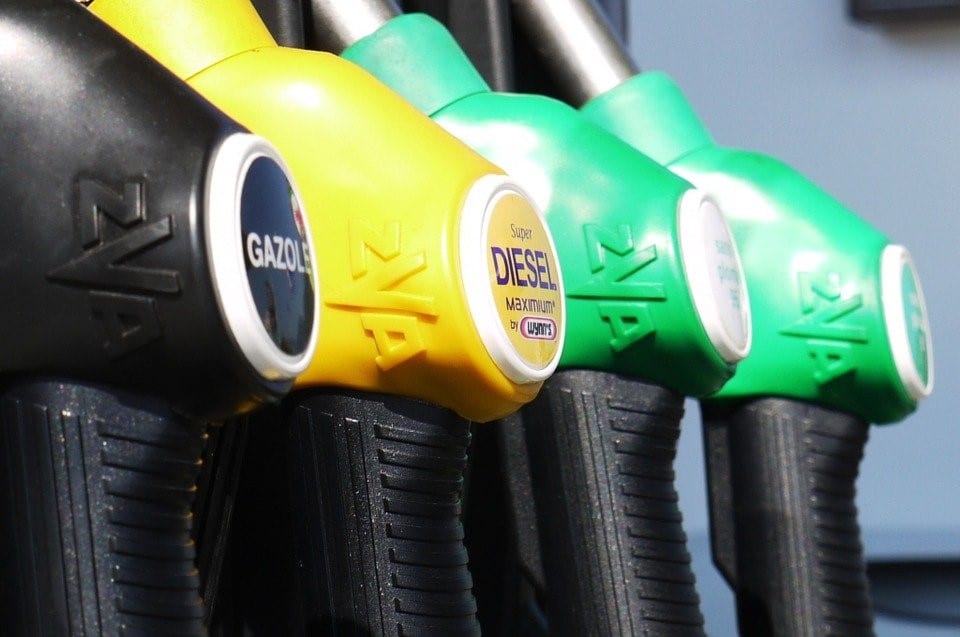Back in the year 2000 when we were all told planes would fall out of the skies and our PC’s would pack up and never work again, diesel-engined cars accounted for just 14.1% of the new car market. By 2011, this figure had increased to 50.6%.
One of the main reasons for this rise in popularity was the introduction of Benefit in Kind for company car drivers in 2002, who, at the time were encouraged to choose lower emission cars which diesels were. The change in taxation regime also led to many engineering advances which led to a reduction is CO2 emissions from an average of 181 g/km in 2000 to 120.1 g/km in 2016.
The landscape changed for diesels in 2015 though when reports of air quality concerns started hitting the headlines and what became known as ‘Dieselgate’ led to manufacturers selling 38% fewer diesel cars by the end of 2018 than at their peak. NOx became the new CO2 and we started to see the introduction of Clean Air Zones, increases in Vehicle Excise Duty and supplements to Company Car Tax.
A recent Government statement read ‘cleaner diesel cars and vans can play an important part in reducing CO2 emissions from road transport during the transition to zero-emission vehicles’.
With the introduction of the new emissions testing regime known as The Real Driving Emissions (RDE) test, future vehicles will be tested more rigorously to measure pollutants such as NOx, emitted by cars on the road.
With more and more engineering developments we are starting to see manufacturers produce diesel engine cars which are scoring maximum points for the Green NCAP Clean Air Index, the same as electric vehicles. Whilst electric vehicles produce no pollutant emissions, we are beginning to see diesel engine cars, with proper calibration and effective after treatment, can deliver extremely low pollutant emissions.
In recent test carried out by a German automobile club, one of the diesel vehicles tested did not emit any NOx emissions at all which demonstrates how quickly the engineers are developing clean diesel engines.
Might Diesel cars still be a good choice for company car drivers?
Maybe. The latest RDE2 compliant diesel cars are exempt from the 4% diesel Benefit in Kind (BiK) surcharge which comes into effect from April 2020, meaning they are charged at the same rate as a petrol engine powered car with the same CO2 emissions. Some manufacturers are even producing plug-in hybrid diesels which not only are very fuel efficient, but also benefit from an incredibly low BiK rate.
Neil Carlton, Director of Poole based dorsetcarleasing.uk said ‘over the past couple of years there has been great confusion when it comes to the real situation regarding petrol versus diesel cars. We have had situations whereby companies have switched from diesel cars into petrol equivalents and reported a significant drop in MPG which has pushed their and their employee’s fuel spend up by around 15-20%. We strongly recommend that any future car changes are considered very carefully, and proper advice should be sought’.
Neil Carlton and his business partner Andrew Garaway can be contacted via www.dorsetcarleasing.uk or by calling 01202 821354
